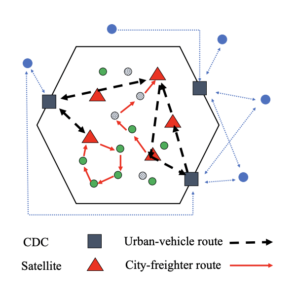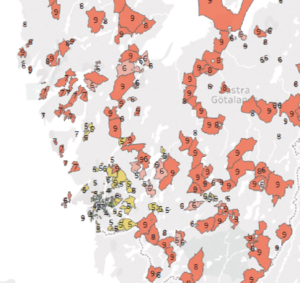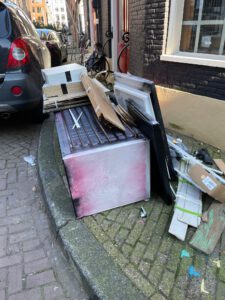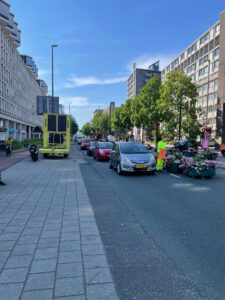Using the living lab method for last mile innovations
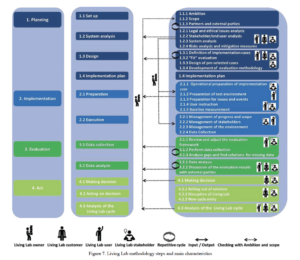
A transition in city logistics is necessary to solve challenges in the last mile. Realizing such a transition appears to be difficult, as many trials and field tests undertaken in the city logistics prove, but major transitions are lacking. City logistics issues are complex to solve, as there is usually no single problem owner and …

